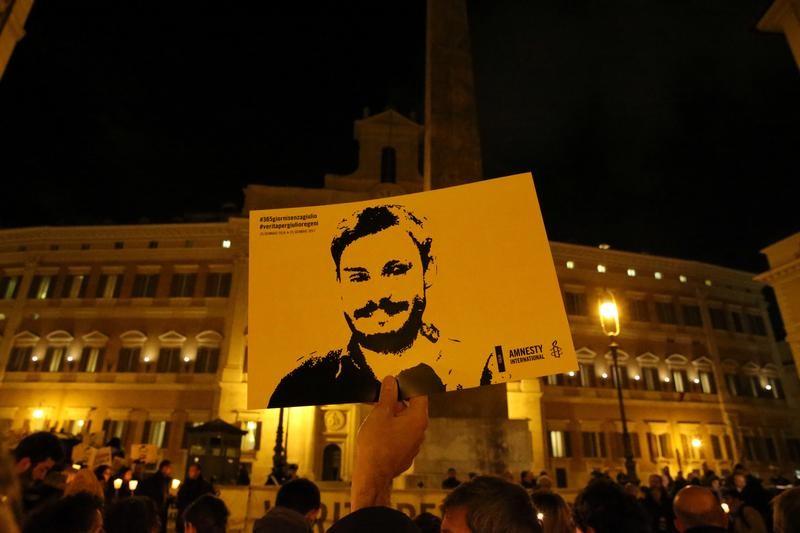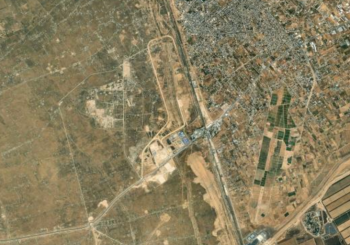
In an address to the first session of a parliamentary commission carrying out an inquiry into the degree to which Giulio Regeni was subjected to scrutiny by Egyptian security services, Italian prosecutor Sergio Colaiocco accused Egypt of obstruction of justice in his investigation into the death of the PhD student, BBC reports.
“A web was spun by Egypt’s national security service from the October preceding his death, a web in which the apparatus used the people closest to Giulio in Cairo,” Colaiocco said during the hearing.
He alleges that those closest to him, namely his roommate, a street vendors’ unionist, and a friend who assisted him with translation work, informed on him to the secret service, according to Italian News Agency ANSA.
Colaiocco, together with prosecutor Michele Prestipino, has spearheaded the murder investigation in conjunction with Egyptian authorities.
Colaiocco said that Egypt’s reported findings were later disproved during the course of his investigation. “Fake stories were fabricated to throw off the investigation,” he claimed.
The prosecutor said that a postmortem examination carried out in Italy concluded that Regeni was tortured in stages between January 25th, 2016, the day he went missing, and the day he died, which contradicts Egypt’s report that the researcher died in a car crash.
The postmortem examination also showed that the victim suffered injuries consistent with an assault. The prosecutor said Regeni was beaten with “kicks, fists, sticks and clubs,” and that the cause of death was a broken neck.
Another claim that the prosecutor says was debunked was that of a witness who appeared on television alleging that he saw Regeni arguing with a foreigner near the Italian consulate the night before his death, which remains undetermined. The witness’ statement was contradicted by phone records, which showed that Regeni was watching a film online at that time.
The committee, established last April, will not undertake any measures to establish criminal charges, but will only determine the political responsibility for Regeni’s murder.
“After years of false leads and misinformation, Parliament has finally made a step toward the reconstruction of the historical and political truth of one of the saddest episodes for our country. With the [committee], Italy will be able to identify and point out the political responsibilities, as well as the motives and circumstances of his murder,” Erasmo Palazzotto who now heads the committee told Il Manifesto earlier this year.
Egypt has consistently denied any wrongdoing or involvement in Regeni’s murder, but did admit that he was under state security surveillance, according to BBC.
Regeni, a student at the University of Cambridge, went missing on January 25th, 2016. His body was found mutilated on February 3rd of the same year in a ditch on the Cairo-Alexandria highway. The doctoral student was reportedly conducting research on independent trade unions in Egypt.
Last year, Italian authorities have identified five members of Egypt’s National Security Agency as potential suspects.







Comments (2)
[…] has also been relentlessly fighting for the justice for the Italian researcher Giulio Regeni, who was found murdered in […]
[…] has also been relentlessly fighting for the justice for the Italian researcher Giulio Regeni, who was found murdered in […]